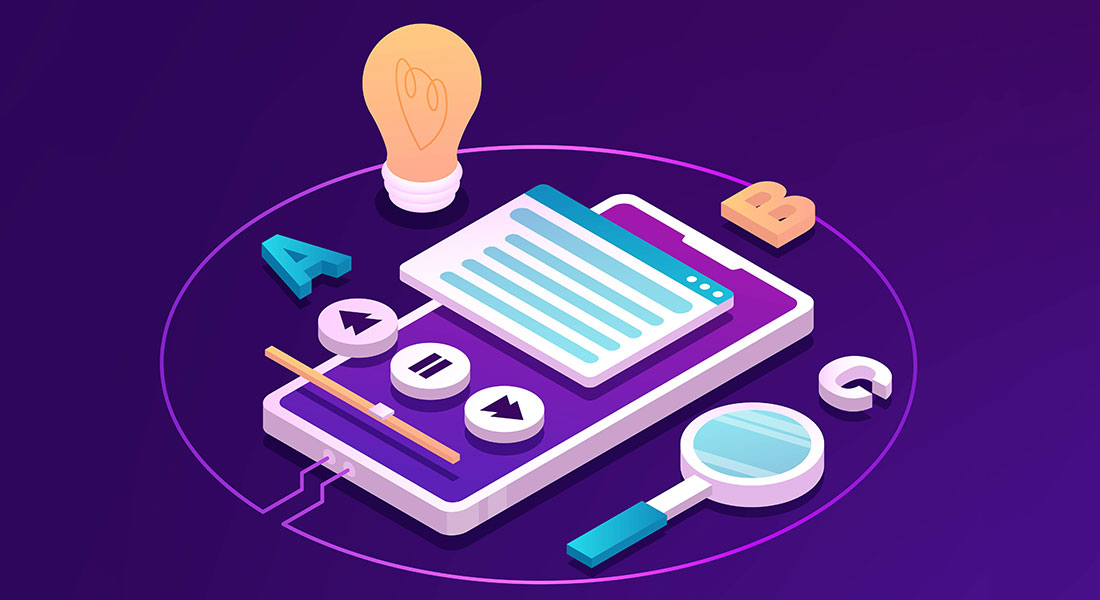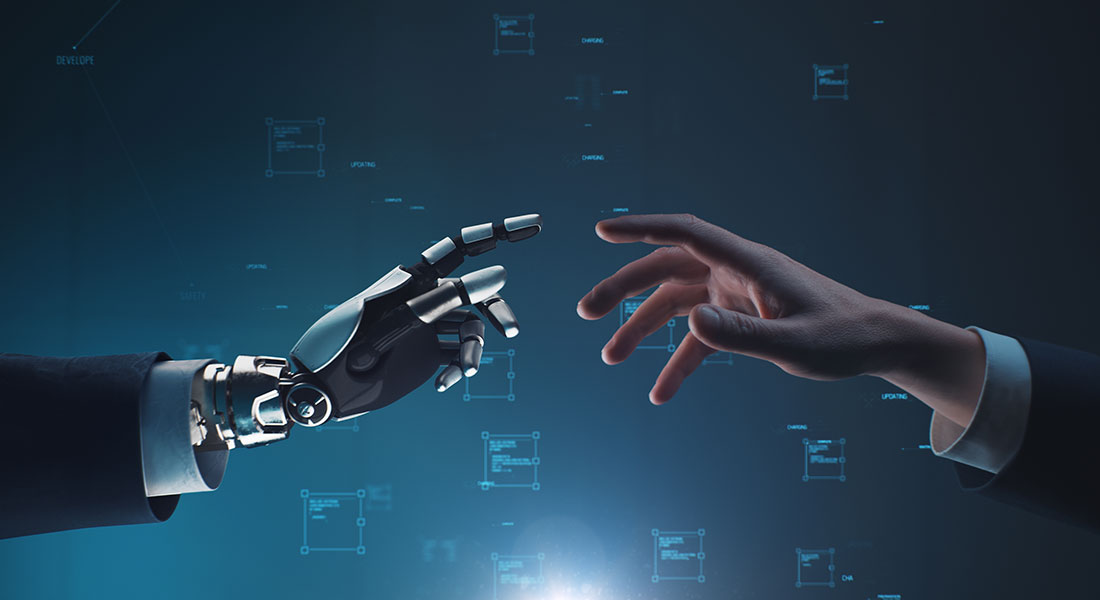5 Ways to Leverage AI-Powered Learning Design for Successful Corporate Training
Wish to supercharge your corporate training? Dive into our blog and explore 5 cool ways AI-powered learning design can jazz up employee development, making success feel like a breeze!

We are living in times where technology is advancing at an unprecedented pace, and artificial intelligence (AI) has emerged as a game-changer in various industries. And now, it's revolutionizing how we approach learning and development within organizations. Adopting artificial intelligence (AI) in learning and development means that we can say goodbye to mundane and ineffective training sessions, and say hello to AI-powered learning design – the key to making corporate training smarter, more engaging, and ultimately more impactful.
AI is Revolutionizing Learning Design in Corporate Training!
Here are some benefits it offers:
- Personalized Learning Paths
- Continuous Adaptation
- 加强交流
- Quick Content Creation
Adaptive Assessments
Read on to explore more about this realm where algorithms meet learning and growth!
AI-Powered Learning Design
In the past few years, there has been a surge of interest in artificial intelligence (AI) and its potential to transform various industries. The corporate training sector is no exception. AI-powered learning design is an emerging field that applies AI technologies to the design and delivery of corporate training programs including custom eLearning development,eLearning translations, etc.
There are several reasons why AI is well-suited for learning design. First, AI can help identify the most effective instructional design strategies for a given topic by analyzing large amounts of data. Second, AI can personalize instruction to meet the needs of individual learners. And third, AI can provide real-time feedback and recommendations to course designers and instructors.

Explore the benefits of AI in eLearning
How AI is Transforming Corporate Training
There are several ways to use AI to revolutionize corporate training. Here are some ways:
1. Smarter content development:AI can help trainers develop more targeted and effective training content. By analyzing data points such as job roles, locations, and past performance, AI can identify which topics employees need to be trained on and what type of content will suit their learning objectives and preferences better.
2. More personalized learning experiences:Using data collected from learners’ interactions with the learning platform, AI can customize each person’s learning experience based on their individual needs and preferences. This provides a more efficient and enjoyable learning experience that leads to better outcomes.
3. Increased engagement:AI-powered chatbots or Virtual Reality (VR) simulations can make training more interactive and engaging for learners. For example, chatbots can providejust-in-timecoaching or answer questions outside of class hours, while VR simulations can immerse learners in realistic scenarios that help them practice new skills or knowledge in a safe environment.
4. Greater ROI:With its ability to target content development, deliverpersonalized learningexperiences, and increase learner engagement, AI has the potential to significantly improve the return on investment (ROI) for corporate
5. Personalized learning experiences:AI can be used to create personalized learning experiences for employees. By tracking employee performance data, AI can identify which employees need more or less support in specific areas and provide them with tailored content accordingly. This ensures that each employee is receiving the most relevant and effective training possible.
With the host of benefits that it offers, AI is definitely the need of the hour. However, there are some challenges when it comes to AI implementation in corporate training.
→ Access Now: AI in Corporate Training – Unleash the Power of Technology [Webinar]
Challenges with Implementing AI in Corporate Training

When it comes to implementingAI in corporate training, there are a few challenges that need to be considered. Some of them include:
Cost Considerations:AI tools can be expensive, potentially exceeding the budget of some organizations.
Data Dependency:AI relies on accurate and clean data for effective functioning and accurate predictions.
Data Quality Impact:Inaccurate or incomplete data can lead to inaccurate results from AI systems.
Complex Implementation:AI implementation can be intricate, demanding specialized skills and expertise.
Resource and Expertise:Organizations need to evaluate if they have the necessary resources and knowledge to implement AI effectively.
Now that you are aware of the common challenges, it is better for you to take required steps to dodge them. At the same time, follow these implementation best practices to ensure success.
最佳实践开发一个AI-Powered Learning Design Strategy
Here are some best practices for developing an AI-powered learning design strategy:
- Define specific learning goals to guide AI integration and ensure alignment with organizational objectives.
- Ensure high-quality, accurate, and relevant data for AI algorithms to produce valuable insights and recommendations.
- Design AI-driven experiences that cater to individual learner preferences, adapting content and pacing accordingly.
- Regularly assess AI-driven content effectiveness through learner feedback and performance metrics.
- Prioritize ethical AI use, maintaining transparency, data privacy, and fairness in content recommendations.
- Incorporating these best practices, organizations can harness the power of AI to create effective, engaging, and learner-centric training experiences.
Summing Up
AI-powered learning design is revolutionizing corporate training by making it smarter and more engaging. By leveraging the power of AI, companies are able to create personalized learning experiences that adapt to each individual learner’s needs and preferences. This technology is allowing businesses to better engage their employees, ensure they have access to the most up-to-date materials, and measure progress in real time.
Interested to know more about AI and its impact on corporate training? Here's a webinar to help you...






